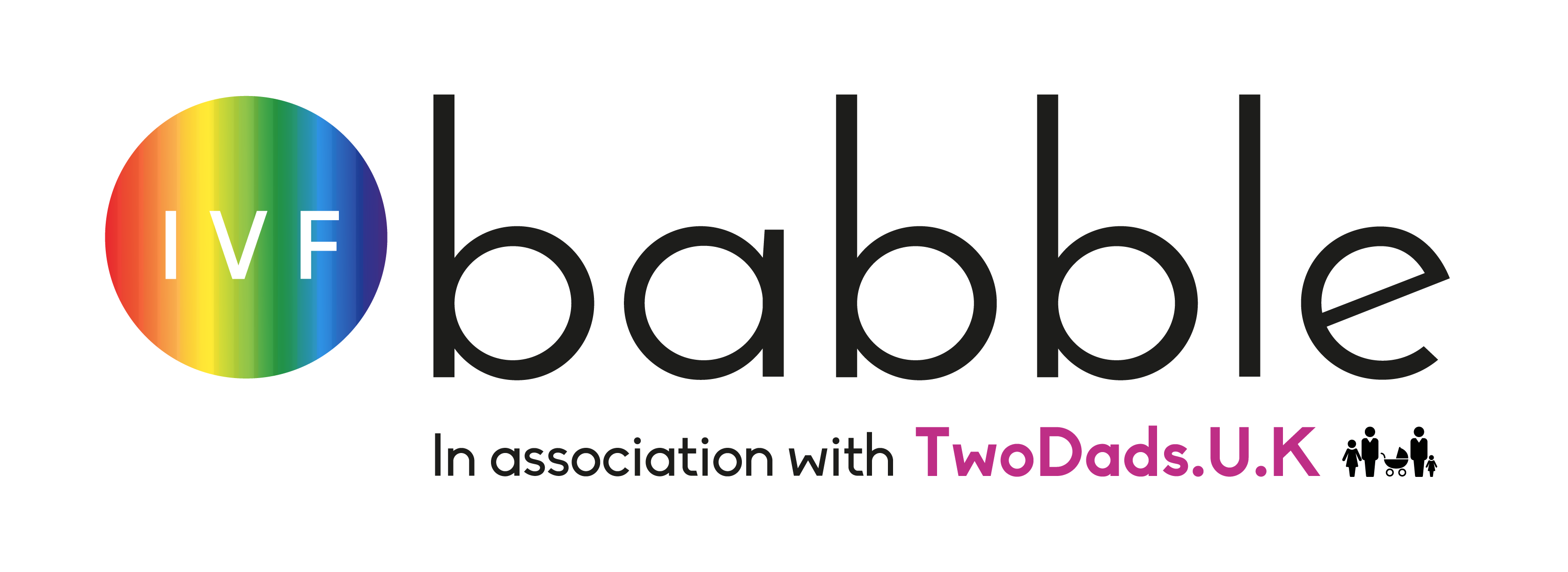For trans men who are about to undertake hormone treatment or gender-affirming surgeries, it is important to think about fertility. Even if they don’t plan on having a genetically-linked child in the future, many trans guys choose to preserve their fertility before they begin testosterone.
Retrieving and freezing your eggs is something that you should consider before you begin your physical transition. Your eggs or fertilised embryos can only be frozen in the UK for ten years; many other countries have no time limits.
It is important to remember that even though testosterone may reduce fertility, transgender men taking T can still fall pregnant.
Preserving your fertility with a partner with male reproductive organs
If your partner has male reproductive organs and you plan to have genetically-linked children, the easiest option is to try to conceive naturally before you begin taking T. If penetrative vaginal sex triggers dysphoria, you can also choose to undergo intrauterine insemination (IUI) with your partner’s sperm. In this case, the insemination will occur in a medical setting.
This decision to attempt to conceive naturally must be weighed against your need to move forward in your transition. While your hormone therapy is an urgent medical need, you must be aware that your ability to conceive naturally may be hindered
Preserving your fertility with a partner with female reproductive organs
If your partner has female reproductive organs, you have a few different options to preserve your fertility. Many couples choose to undergo Reciprocal IVF, in which eggs are retrieved from one partner and then inseminated with donor sperm. The embryo can then be implanted in the other partner.
If you would like to use your eggs for this procedure, they should be retrieved before you begin hormone therapy. They can either be used immediately or cryopreserved for future use.
Preserving your fertility if you are single
If you are single or just not ready to have children, you can still preserve your future fertility. To do this, you can undergo hormone stimulation and egg retrieval, and then freeze the resulting eggs. You can also secure donor sperm and have the eggs fertilised before freezing, as freezing embryos tends to be more successful that freezing unfertilised eggs.
Do note that the hormone therapies required to trigger ovulation and retrieve eggs are comprised of oestrogen. This can be a dysphoric experience for some trans men.
Having a child after transition with a partner with male reproductive organs
If you undergo certain surgical transitions, you may no longer have a uterus or access to your own eggs. If you wish to have a genetically-linked child, you can still use an egg donor, your partner’s sperm, and a gestational surrogate to carry the pregnancy.
Hormone therapies can also have long-lasting negative effects on egg viability and quality; this is something to discuss with your doctor. Even if you are taking T, if your partner has male reproductive organs, you can still conceive, and so you should be using contraception if this is not what you want.
Having a child after transition with a partner with female reproductive organs
If your partner has female reproductive organs, you can use your partner’s eggs and donor sperm to conceive via IUI. If you wish to use your own frozen eggs, they can be fertilised with donor sperm (via IVF) and implanted into your partner or a gestational surrogate. These procedures can be quite costly.
Before you undergo any irreversible treatment or surgery, it is essential to speak with your doctor about your future fertility choices. If you have the resources and you wish to have genetically-linked children in the future, freezing your eggs leaves your options open in the future!








